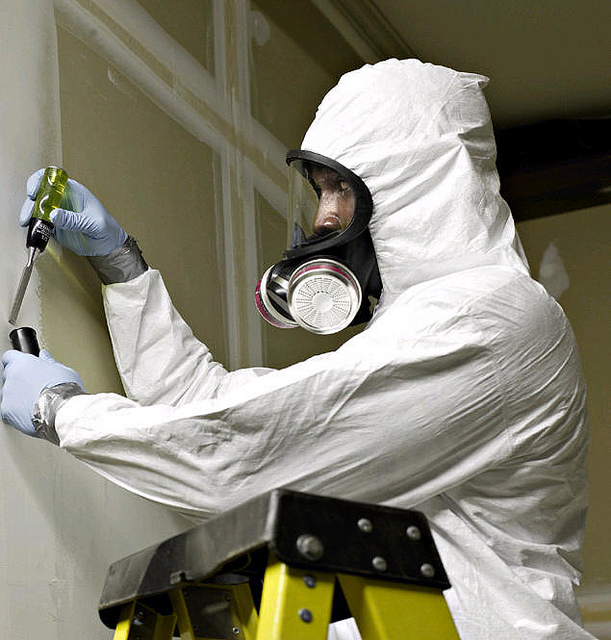Mesothelioma Carcinogenesis: Insights from Animal Studies on Chrysotile and Forsterite
Mesothelioma, a severe cancer caused by asbestos, remains a global health issue. Specifically, chrysotile asbestos is common and very harmful. Recent research compared the cancer risks of chrysotile and a heat-treated form, forsterite. A new study is valuable for safer asbestos disposal in the future. Comparing Chrysotile and Forsterite A recent study checked if forsterite, made from heating chrysotile, could cause mesothelioma. They injected chrysotile, forsterite (FO-1000), and enstatite (EN-1500) into rats’ abdomens. Then, they studied mesothelioma development for 24 months. The results were clear. In the chrysotile group, 91.2% of rats developed peritoneal mesothelioma. However, no mesothelioma cases were found in the forsterite and enstatite groups. The study also measured urine 8-hydroxy-2′-deoxyguanosine and blood N-ERC/mesothelin levels. Both were higher…
